For the uninitiated, HVAC stands for heating, ventilation, and air conditioning. HVAC systems provide heating and cooling to both commercial and residential buildings. HVAC systems can be found anywhere from single-family homes to submarines.
Over the years, HVAC systems have become quite popular as they use fresh air from the outdoors so homeowners can enjoy good indoor air quality. HVAC systems also help facilitate smoke removal, odors, moisture, dust, heat, airborne bacteria, and other gases.
They also aid in oxygen replenishment and temperature control. That said, facilities, regardless of size, can benefit from HVAC systems. However, HVAC systems won’t work as efficiently without proper and regular maintenance.
Contrary to popular belief, keeping your HVAC system in peak shape will require more than just regular AC maintenance. You also have to observe energy-efficient practices to warrant your system continues to provide consistent heating and cooling.
[convertkit form=5279526]This post contains affiliate links for your convenience. Click here to read my full disclosure policy.
Reducing HVAC Energy Costs and Lowering Your Energy Bill
Reduce HVAC energy cost, improve efficiency, and lower your energy bill by keeping in mind the following:
HVAC Routine Maintenance
Artwork: Solar Flare
No system stays in peak shape without regular upkeep. Even if you have the most resilient, modern, or expensive HVAC system, it won’t function accordingly if not looked after properly.
As mentioned earlier, HVAC systems will need routine updates that go beyond changing air filters or regular air maintenance. It is important to remember that ducts can pick up debris and dust that can slowly clog the system and cause less airflow and eventual system failure.
External fans and cooling lines can also crack, jam, or freeze, shutting the system down in the middle of peak demand. Improper winterization or insufficient preparation for the summer season can either leave you boiling in overly hot spaces or suffer from the cold.
A poorly maintained system can also perform below standards and ultimately cost money by being very inefficient or requiring a very costly replacement. Bear in mind that while minor HVAC issues will not impact efficiency or performance right away, it can lead to damage that might result in expensive repair or replacement.
Specific faults may also dramatically reduce your HVAC system’s efficiency by wasting power and cooled air. Strictly adhering to your routine maintenance schedule and following OEM guidelines will not only improve efficiency and improve cost, but it can also prevent minor issues from becoming expensive problems.
Estimated savings: Depending on the kind of maintenance, you can save from 5 to 40% of HVAC-related energy costs.
HVAC Smart Technology
Artwork: Wild Blue Yonder
Achieving the right balance of heating and cooling control can be challenging. This is where smart sensors and thermostats come in. Smart thermostats utilize pre-programmed comfort levels to set and regulate temperature automatically. Without any human input, smart thermostats factor in weather, habits, and actual temperature to achieve the right climate.
However, the devices do more than regulate temperature. Since smart thermostats react to real-world cooling and heating needs, they can turn on and off precisely as needed, reducing climate control costs significantly. This also means less energy is required to keep the system powered.
Estimated savings: Save up to 2% of annual energy spent.
HVAC Efficiency and Insulation
Artwork: Emerald City
One of the most significant changes you can make, to make HVAC systems more cost-effective and efficient, is implementing the right insulation strategy. Despite other efforts, leaky walls and roofs and poorly insulated facilities can leak hot and cold air out of your home.
When this happens, the HVAC system is forced to run longer to maintain performance. This will not only affect the system’s long-term efficiency, but it can also increase your energy consumption.
Some of the most prevalent insulation types include foam padding, regular fiberglass, window covers that seal leaks and minimize sunlight, and expandable materials that fill gaps. Uninsulated pipes can also create a lot of opportunities for heat loss.
Since even the smallest of gaps may already cause drafts and discomfort, checking all the areas of your home for hot leaks or cracks is recommended so it can be patched right away. It is also essential to check your insulation on a routine basis.
Old insulation, even those made out of durable materials such as foam, can crack or leave gaps that leak the air. It can also wear down or fail over time, especially if not checked regularly or replaced when necessary.
However, not all insulation is a year-round solution. For instance, seasonal changes have to be made depending on the temperature. Case in point: during winter, a few cooling devices need to be covered or drained to avoid leaks or freezing that affect the system’s efficiency.
Vents and heating lines need to be examined and sealed during the summer to prevent heat loss during winter. In most cases, systems have their insulation. However, it can wear out over time and might need to be replaced.
Estimated savings: When pipes, walls, and windows are insulated, there is a notable 90% reduction in wasted energy. Exterior insulation, on the other hand, can help reduce heat loss by as much as 25%.
HVAC Energy Saving Tips
In most cases, the HVAC systems account for at least 50% of the total energy bill. Eventually, it can add up over the course of an entire year. Be smart with your HVAC system and save a significant amount of money by keeping the following HVAC energy-saving tips in mind:
TIP 1 | Energy audit
Invest money and time into getting an energy audit done. The audit will not only help increase the overall efficiency of your HVAC system, but it can also help you see where energy is being wasted.
TIP 2 | Program the thermostat
Operate the HVAC system at stable and optimum temperatures to create an efficient method. It would also be best to program the system’s schedule around your schedule so you can manage the system’s usage effectively.
TIP 3 | Keep the heat out
During summertime, use shades and blinds to keep extra heat and direct sunlight out of your home. This can help ensure that your air conditioner won’t have to work harder than usual.
TIP 4 | Turn off your ceiling fans
Ceiling fans won’t cool the air. They work by circulating the air so you will feel cooler. That said, use them only when you’re at home and want to keep things comfortable, and make sure to turn them off when you leave the house.
TIP 5 | Change your air filters regularly
Check your air filters monthly and replace them every 30 to 90 days. This is important, so dirt build-up is prevented, and your HVAC system won’t become overworked.
TIP 6 | Run your appliances at night
This might not be common knowledge, but certain things in your house can produce heat. For instance, your washing machine and dishwasher can produce heat. If you run them at night after the outside temperature has dropped, your air conditioner won’t have to work double to keep everything cool inside your home.
TIP 7 | Utilize space heaters
If you are using your home area in the winter, consider using a space heater rather than heating the entire household.
TIP 8 | Upgrade
If you currently don’t have an HVAC system that’s energy-efficient or if the current one you are using is already over ten years old, it is recommended that you consider upgrading. Energy-efficient systems can eventually pay for themselves over a short period. Check out this infographic illustrating the benefits of upgrading your HVAC system:
Wrap Up (no pun intended!)
If you want to dramatically increase the longevity of your HVAC system while increasing comfort and saving money at the same time, you need to keep the proven strategies mentioned above in mind. The strategies provided can also help ensure you’ll enjoy a cost-efficient HVAC system for a long time to come. Download your free printable HVAC Checklist here to track your monthly and/or quarterly checkups and add this important task to your household cleaning and organizing binder.
About the Author
 Sara Olsen is the Content Marketing Manager of Emergency Air, Arizona’s premier HVAC repair and service company with NATE-certified technicians and the best HVAC service in the quickest time. When not writing articles, she spends most of her time with her family and gives back to the community.
Sara Olsen is the Content Marketing Manager of Emergency Air, Arizona’s premier HVAC repair and service company with NATE-certified technicians and the best HVAC service in the quickest time. When not writing articles, she spends most of her time with her family and gives back to the community.
Other Posts from Toot Sweet 4 Two’s Archives:
3 Actionable Tips for Organizing Anything
How to Clean a Messy House Fast Like a Total Boss
42 Things in Your Living Room, Family Room and/or Great Room
You Might Also Like:
Modern Coastal Living Room Makeover by Jessica from White Picket Farmhouse
10 Cozy Homes to Inspire Your Inner Homebody by Evalyn from The Glitter Guide
How to Give Your Living Room a Refresh by Robert and Christina from New Darlings
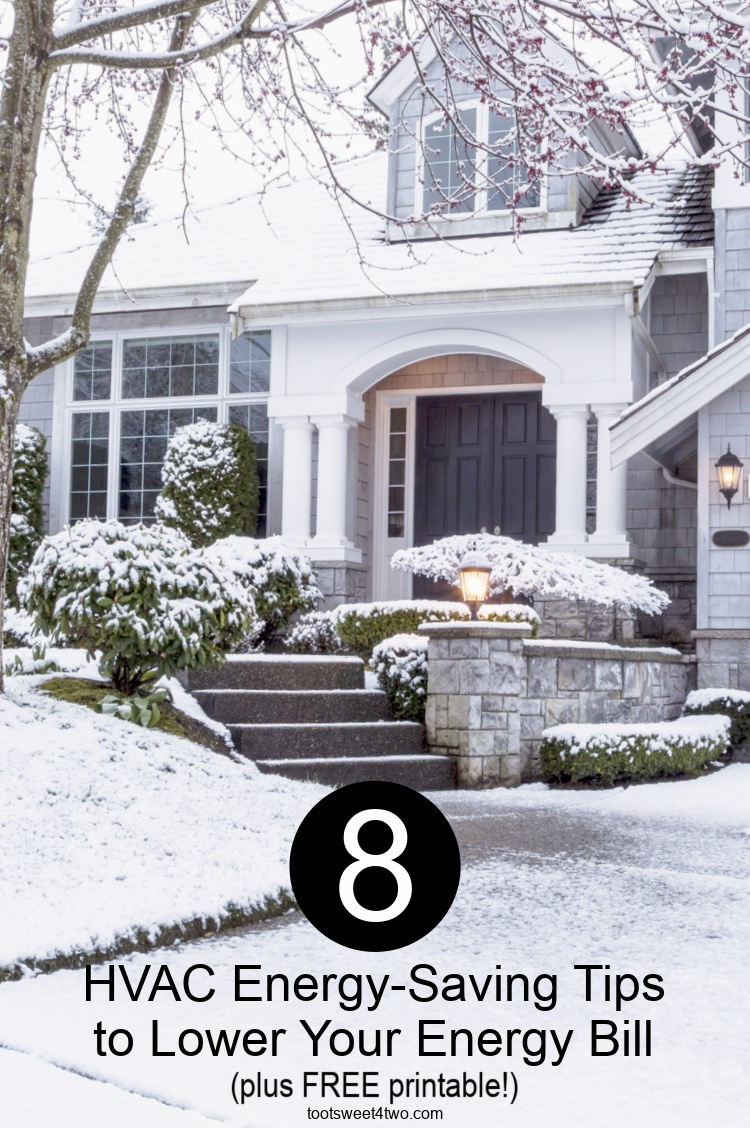





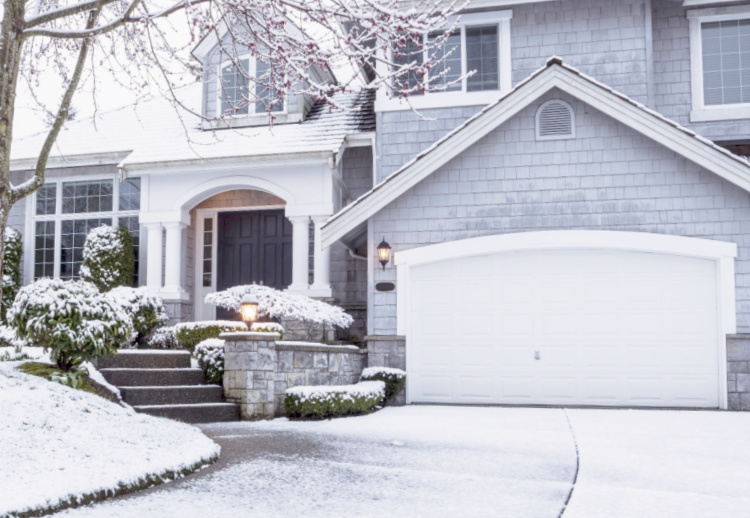
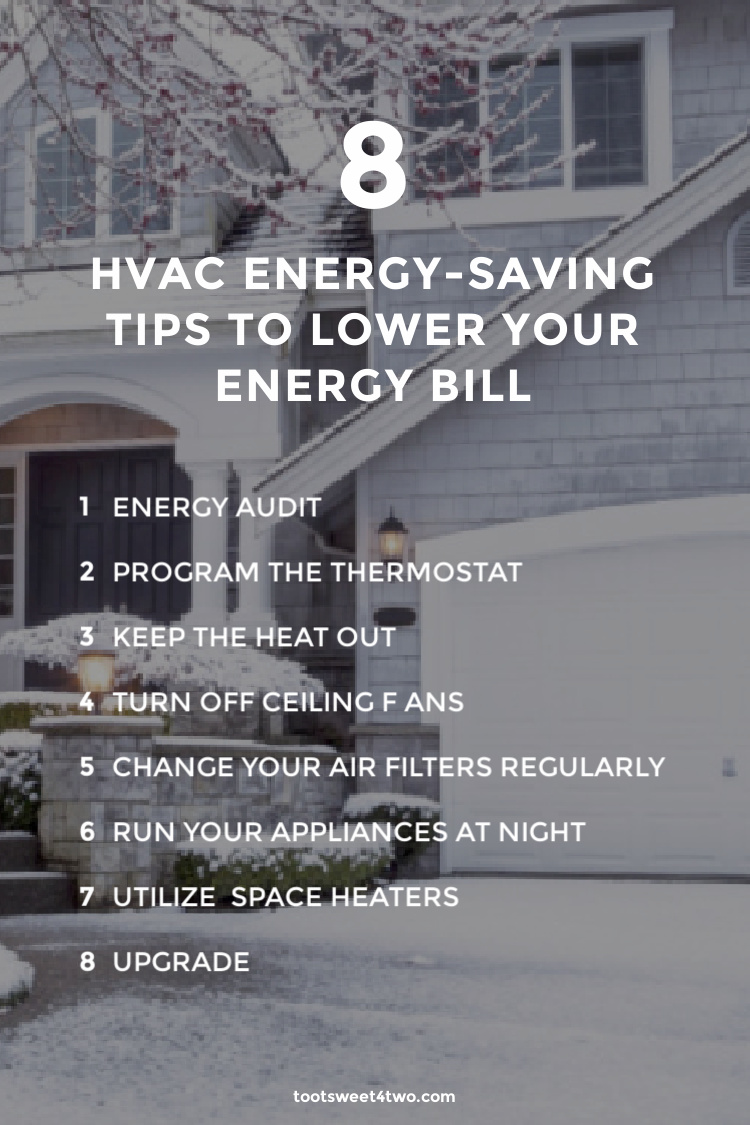

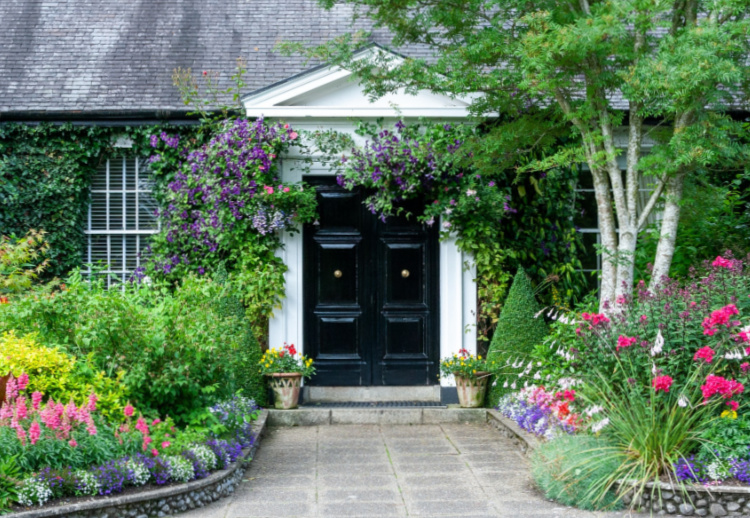
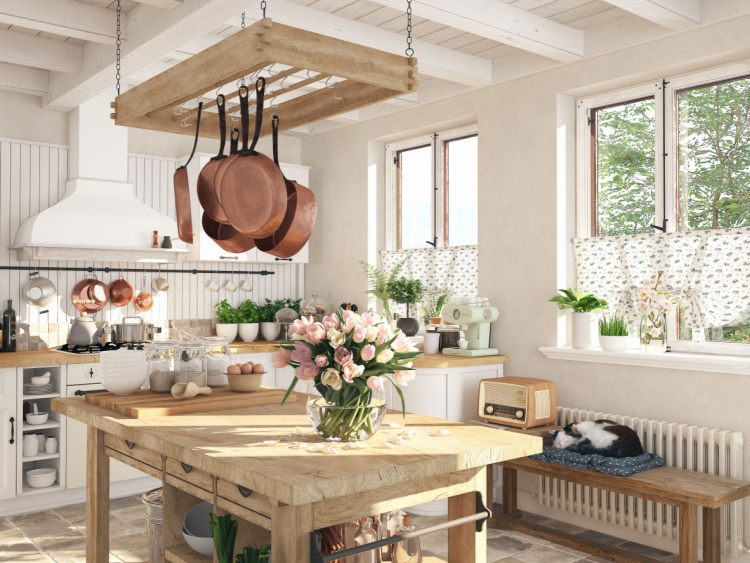
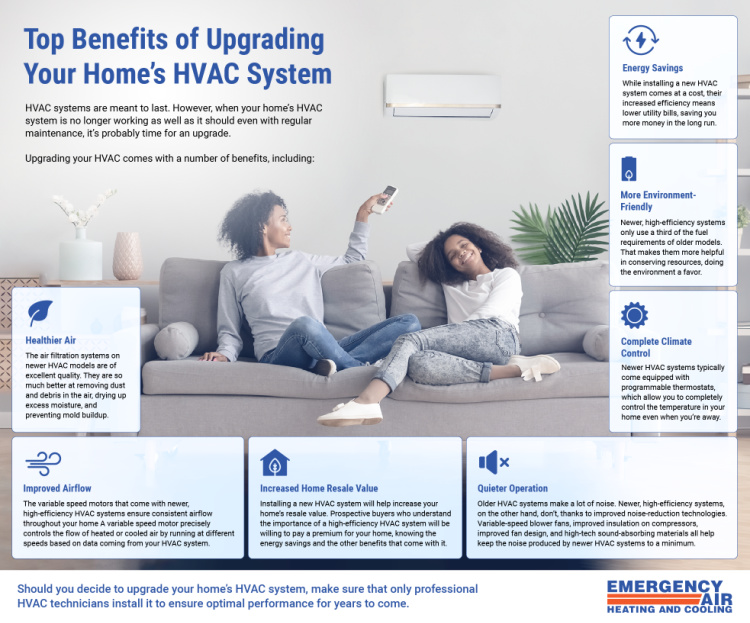



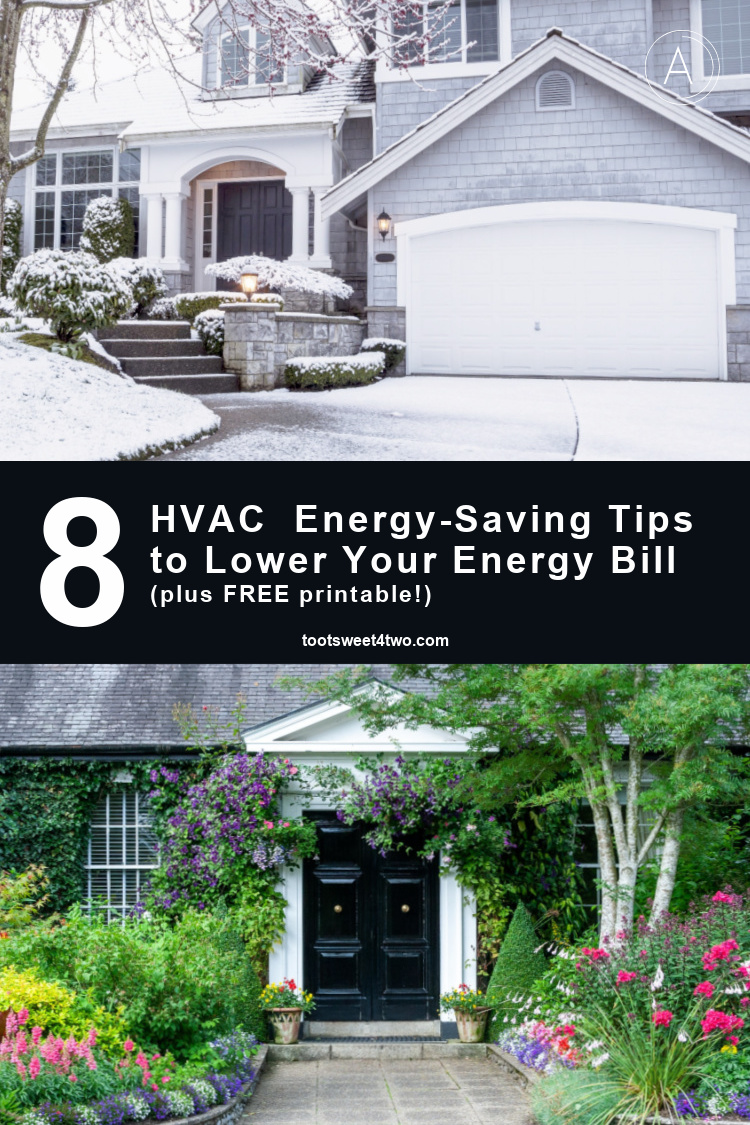



Leave a Reply